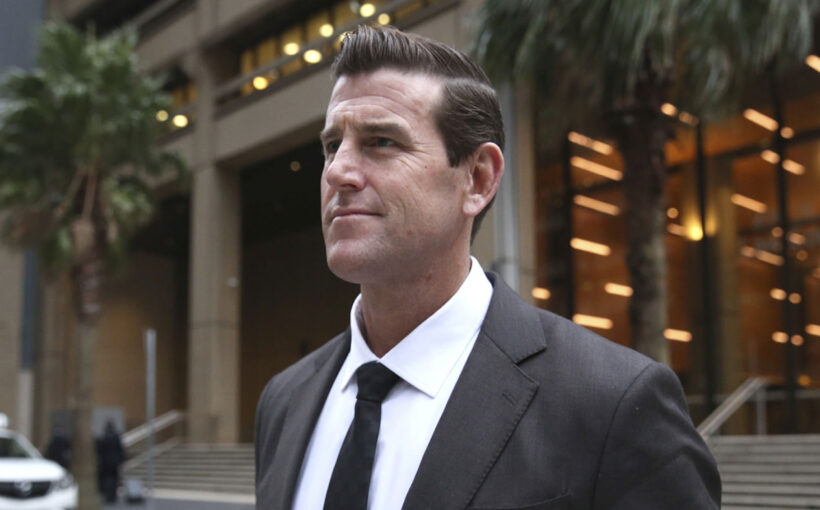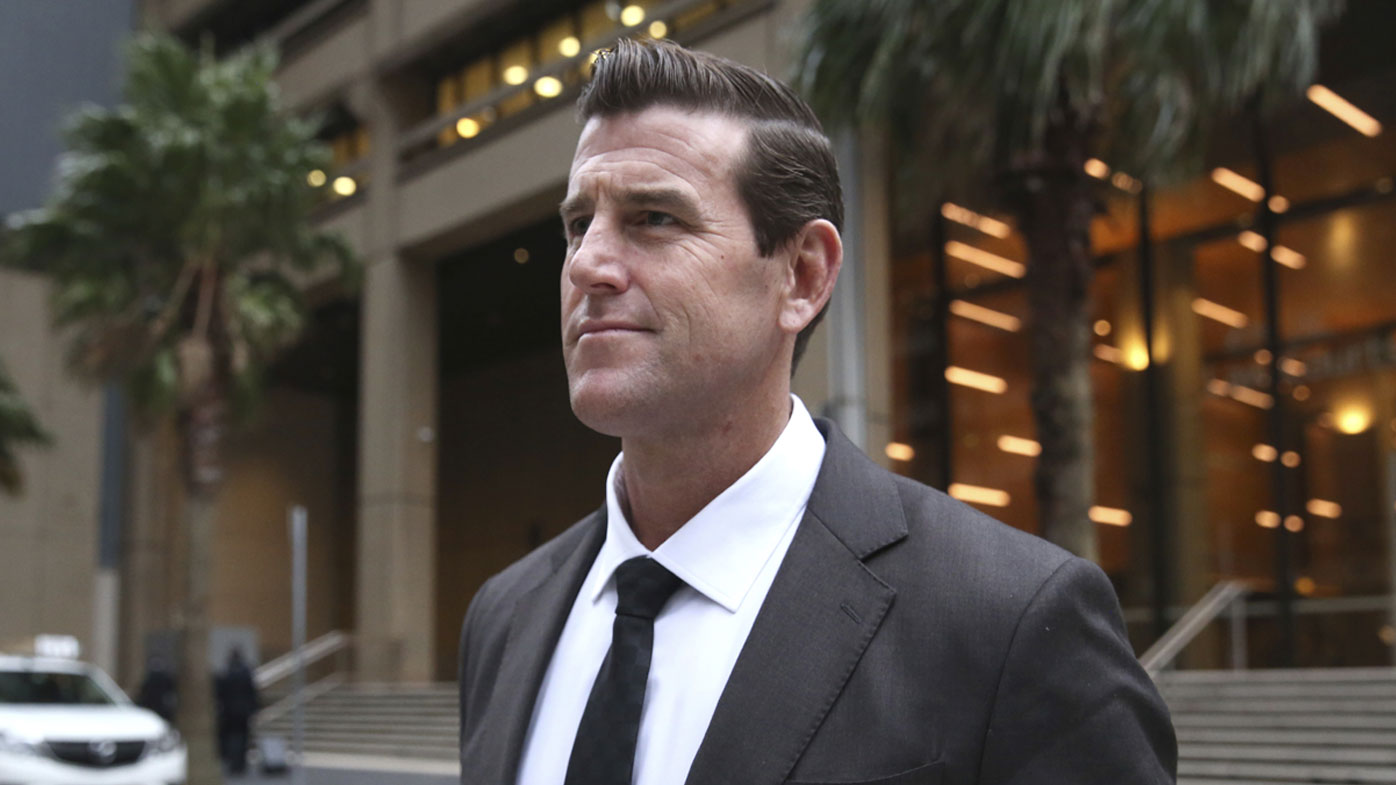Details of possible meetings between the Department of Defence and journalist Chris Masters ahead of a secret inquiry into alleged war crimes in Afghanistan may be made public after a bid by former soldier Ben Roberts-Smith.
On Monday, Roberts-Smith's barrister Arthur Moses SC asked the Administrative Appeals Tribunal (AAT) to order the disclosure of confidential 2017 diary entries by Major-General Paul Brereton which have already been blocked three times.
He argued the public should know whether the Assistant Inspector-General of the Australian Defence Force had met with the reporter ahead of the war crimes inquiry.
READ MORE: An 'entire generation' giving up on Aussie dream
"It is in the public interest for it to be known whether there was a meeting between the head of what was meant to be a secret inquiry and a journalist," Moses told Justice Tom Thawley.
"Transparency and accountability are cornerstones of good governance in a democracy which is what the Freedom of Information Act is directed to."
Roberts-Smith lodged his freedom of information request for the diary entries in October 2017 to confirm whether Brereton met with Masters ahead of the inquiry.
Masters published a book, No Front Lines, about Special Forces operations in the Afghanistan war and wrote a number of exclusives for the Sydney Morning Herald about the inquiry.
The AAT was told Masters had allegedly met with the Inspector-General of the Australian Defence Force (IGADF) on three occasions in 2017 and had been given access to classified defence information which allowed him to report as he did.
READ MORE: Icy snap headed for one Aussie city
READ MORE: Hundreds of military personnel used in mass exodus of Sudan
Brereton directed the diary entries be restricted a week after Roberts-Smith lodged his request.
The Department of Defence then rejected the former soldier's application for the diary entries in December 2017 and again after an internal review in March 2018.
After hearing a further appeal, in August 2022 the Office of the Australian Information Commissioner then affirmed the defence department's decision to bar Roberts-Smith from accessing the material.
This then led to the former-SAS corporal's bid in front of the AAT.
Moses expressed his client's "significant disappointment" that the FOI process had taken five years, labelling the FOI Act a "sick joke" and a "substantial disappointment".
The diary entries were blocked because they would reveal the identity of the confidential source who spoke to Brereton and that disclosure of the material would be contrary to the directions made by the Assistant IGADF making them confidential.
Moses rejected these claims.
The Department of Defence's response it had documents responding to the FOI request but claiming they could not be released implicitly confirmed Masters was at the meetings and disclosed his identity, Moses argued.
"The (IGADF) is now trying to avoid the consequences of the manner in which it responded to the request," he told the AAT.
IGADF barrister Christine Ernst rejected Roberts-Smith's submissions, saying the identity of the person Brereton met was still not known and that it was still confidential.
Disclosure of the person's name would also prevent others coming forward to assist in future inquiries, she said.
"If no direction could be made restricting how the identity of persons … could be disclosed, that would undermine the ability of the IGADF to conduct inquires in private."
Roberts-Smith in August 2018 filed his highly publicised defamation cases against The Age, The Sydney Morning Herald and The Canberra Times over reports claiming he committed war crimes in Afghanistan including murder, and acts of bullying and domestic violence.
Masters is one of the journalists named in these lawsuits with judgment yet to be handed down by Federal Court.
In November 2020, Brereton publicly released his report into the alleged war crimes, uncovering credible evidence of 39 unlawful killings and two cases of torture by Australian troops in Afghanistan.
Justice Thawley has reserved his decision.




